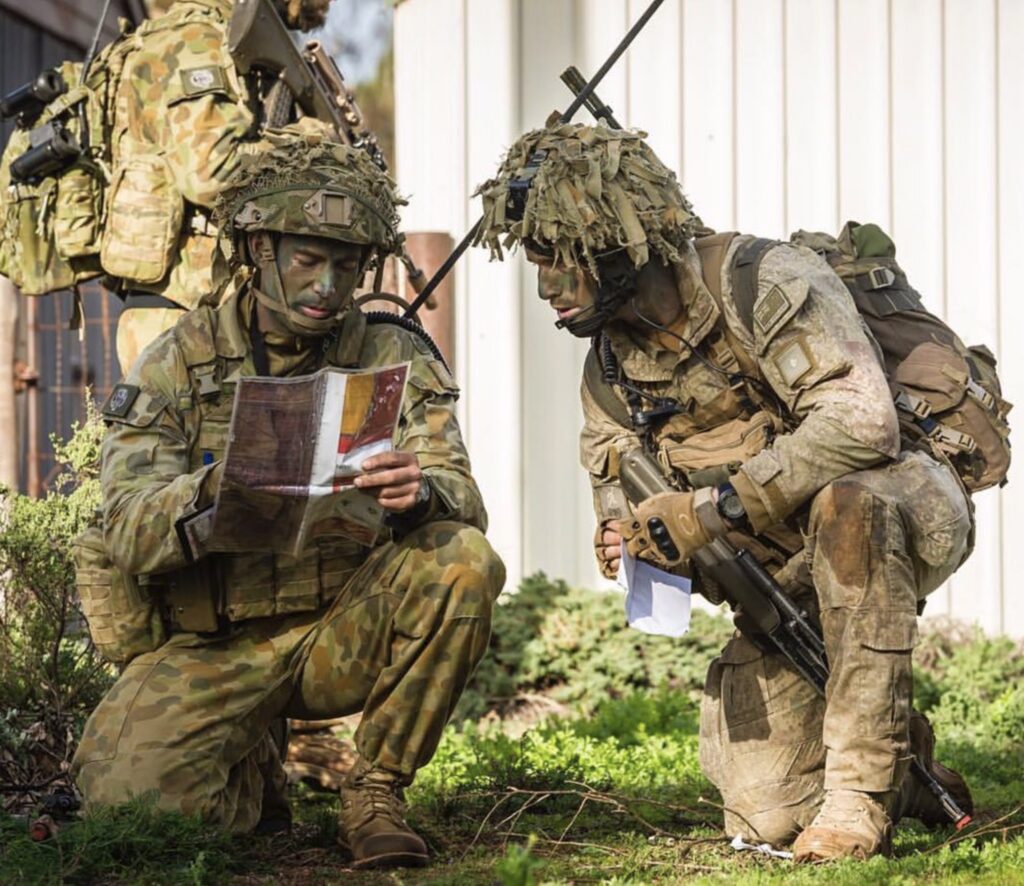The Role of E-Learning in Military Education and Training
E-learning has become an integral part of military education and training, providing flexibility, cost-effectiveness, and standardized training. This article explores the benefits of e-learning in the military, including flexibility, cost-effectiveness, and real-time feedback. However, it also addresses challenges such as technical limitations, security concerns, and maintaining engagement and motivation. Despite these challenges, the future of e-learning in the military looks promising, with advancements in technology such as virtual reality, augmented reality, artificial intelligence, and machine learning paving the way for more immersive and personalized training experiences. E-learning has become an indispensable tool in military education and training, offering numerous benefits and opportunities for improvement.
The Role of E-Learning in Military Education and Training
Introduction
E-learning has become an integral part of military education and training. With the advancement of technology and the increasing need for continuous learning, the military has embraced e-learning as a means to improve training effectiveness and efficiency. In this article, we will explore the role of e-learning in military education and training.
Benefits of E-Learning in Military Education and Training
Flexibility
One of the key benefits of e-learning in military education and training is flexibility. Military personnel are often stationed in remote locations or deployed overseas, making traditional classroom-based training difficult to implement. E-learning allows for training to be accessed anytime, anywhere, providing flexibility for military personnel to learn at their own pace and convenience.
Cost-Effective
E-learning eliminates the need for expensive travel and accommodation for military personnel to attend training. It also reduces the need for physical training materials, such as books and manuals, making it a cost-effective option for the military.
Standardized Training
E-learning allows for standardized training curriculum to be developed and delivered across different military units and locations. This ensures that all military personnel receive the same level of training, regardless of their location.
Real-Time Feedback
E-learning platforms can provide immediate feedback to military personnel, allowing them to track their progress and identify areas for improvement. This real-time feedback can help improve training effectiveness and ensure that military personnel are adequately prepared for their roles.
Challenges of E-Learning in Military Education and Training
Technical Limitations
One of the challenges of e-learning in the military is the technical limitations in remote locations. Access to reliable internet connectivity and appropriate hardware can be a challenge, particularly for deployed personnel. The military must invest in infrastructure to ensure that e-learning is accessible to all personnel.
Security Concerns
E-learning platforms must adhere to stringent security protocols to protect sensitive military information. This can be a challenge, particularly when utilizing third-party e-learning platforms. The military must carefully vet and secure e-learning platforms to ensure the protection of classified information.
Engagement and Motivation
E-learning requires a high level of self-discipline and motivation from military personnel, as they are often learning independently. Maintaining engagement and motivation can be a challenge, particularly for lengthy or complex training programs.
The Future of E-Learning in Military Education and Training
E-learning is poised to play an even greater role in military education and training in the future. Advancements in technology, such as virtual reality and augmented reality, are being integrated into e-learning platforms to provide more immersive and interactive training experiences for military personnel. Additionally, the use of artificial intelligence and machine learning algorithms in e-learning platforms can help personalize training content and adapt to the individual learning needs of military personnel.
In conclusion, e-learning has become an indispensable tool in military education and training, offering flexibility, cost-effectiveness, and standardized training. While there are challenges to overcome, the future of e-learning in the military looks promising, with advancements in technology paving the way for more immersive and personalized training experiences.
